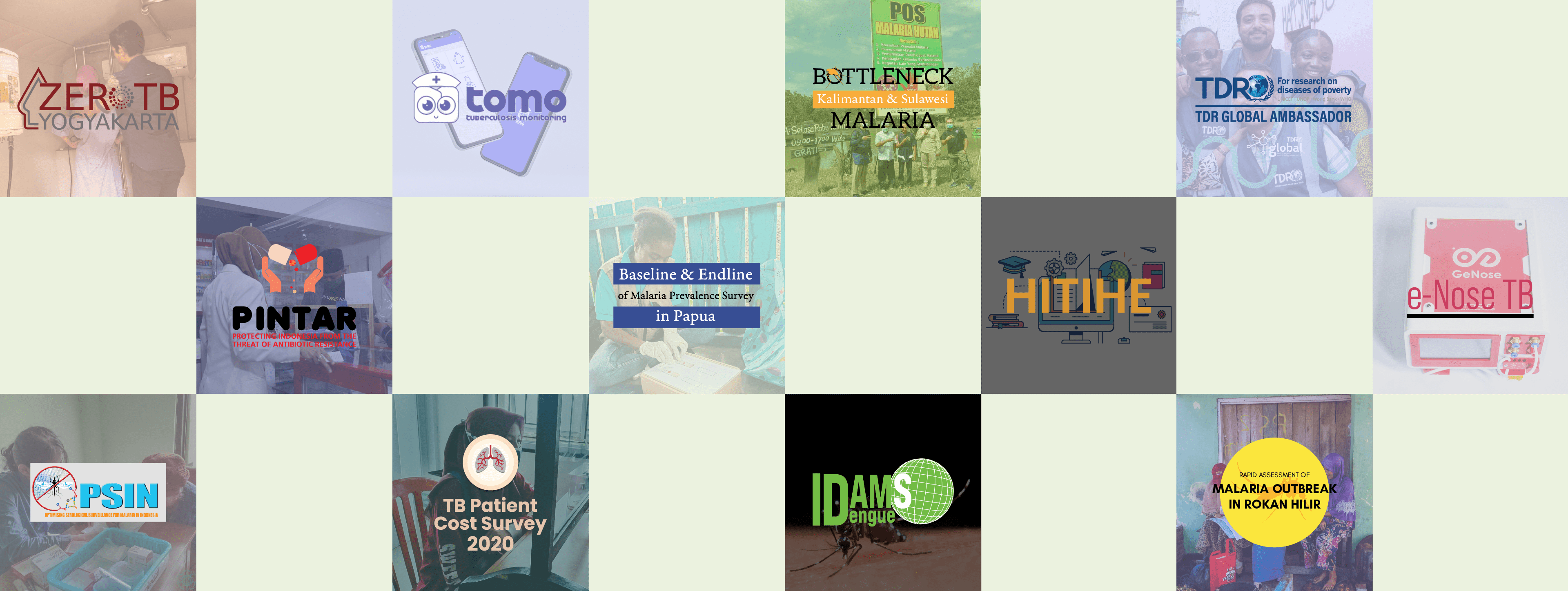Project Description
Overseeing Governance and Regulation of Remote Microscopic Malaria e-Diagnostic
For many years, digitalization has been considered unavoidable. Everything follows as technology evolves and spreads in all aspects of life. This includes the health-care industry. Let us look on the bright side: technology can be very effective in combating a variety of health issues. Like malaria, which was nearly eradicated but remains lethal. Neglected Tropical Diseases, or NTDs, as they are still known. Malaria threatens more than 120 million people in Indonesia, an endemic country. In this case, technology is thought to help our healthcare providers make more accurate diagnoses. In an instant, Indonesia’s healthcare ecosystem will rely on electronic cross-checking applications and artificial intelligence to combat malaria and provide real-time diagnosis.
To ensure that all health technology innovations run smoothly, Indonesia must regulate them while allowing them to grow. As a result, we support the Regulatory Sandbox approach. This strategy has been adopted by many countries, including Indonesia. It has been used to regulate financial technology innovations in this country. So, why not try it in the field of health technology? Malaria, in particular.
Our Universitas Gadjah Mada multidisciplinary research team provides the best answer to the question. We investigated the ethical and legal implications of using a regulatory sandbox approach to regulate malaria technology innovations. This study examines several legal, social, and economic issues through in-depth interviews and group discussions. The study also helps us understand how Indonesian healthcare personnel and public health offices should prepare when implementing healthcare innovations. Overall, the regulatory sandbox contributes to the sustainability of the malaria program in terms of governance and regulation.
Funding
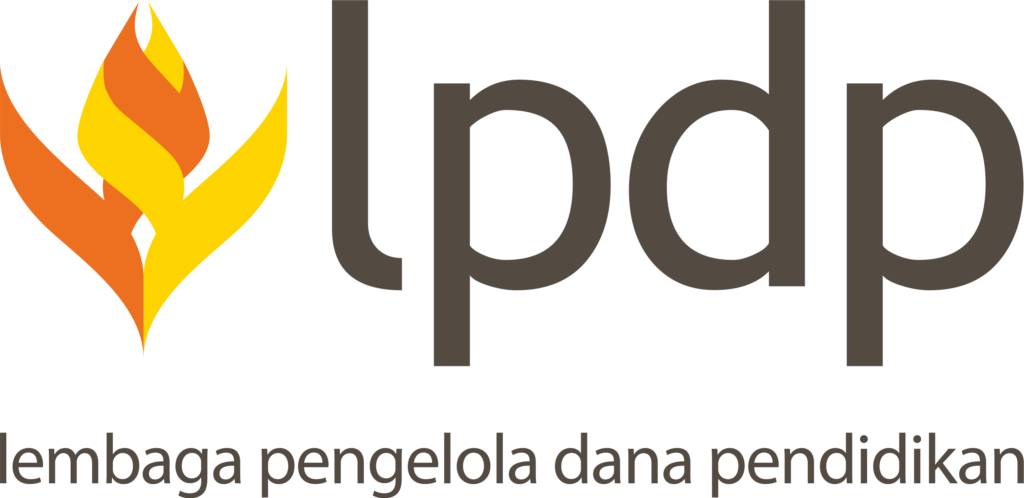
Collaborators
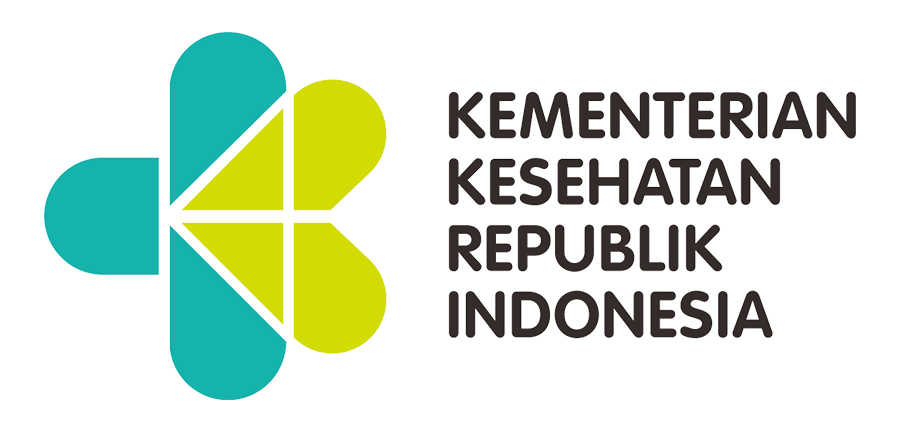
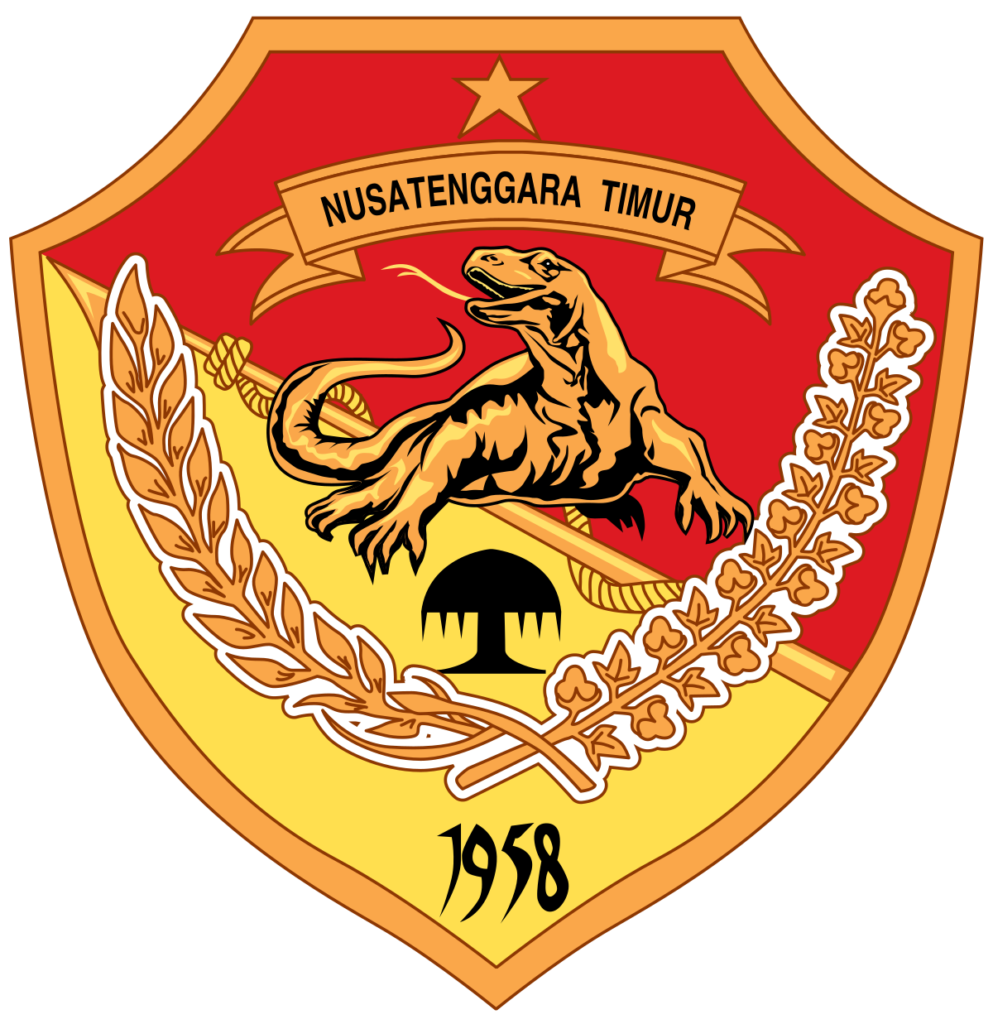
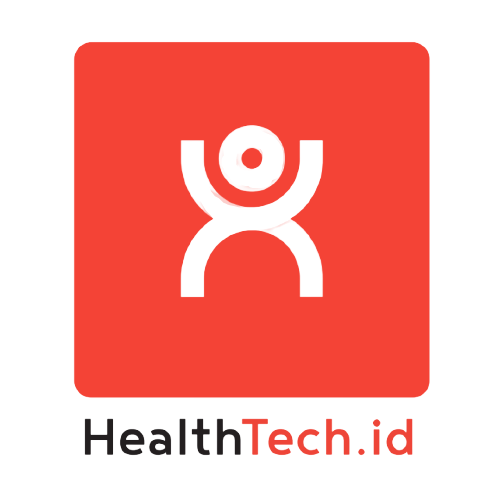
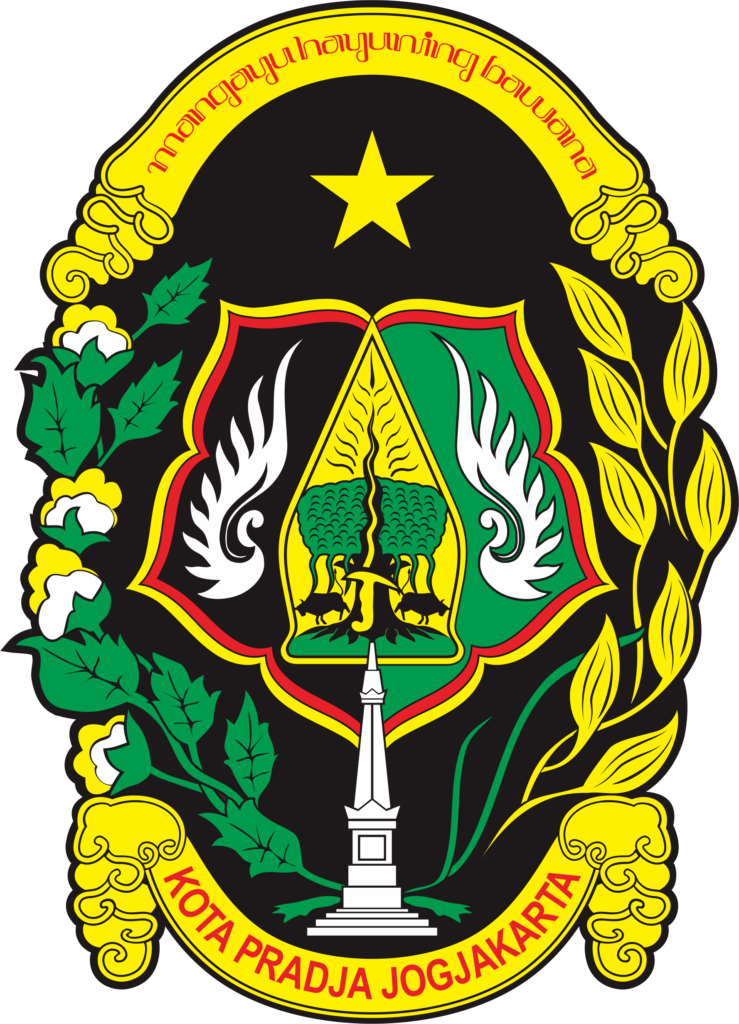

Duration
2020 – present
Principal Investigator
Elsa Herdiana Murhandarwati

The Project Team






